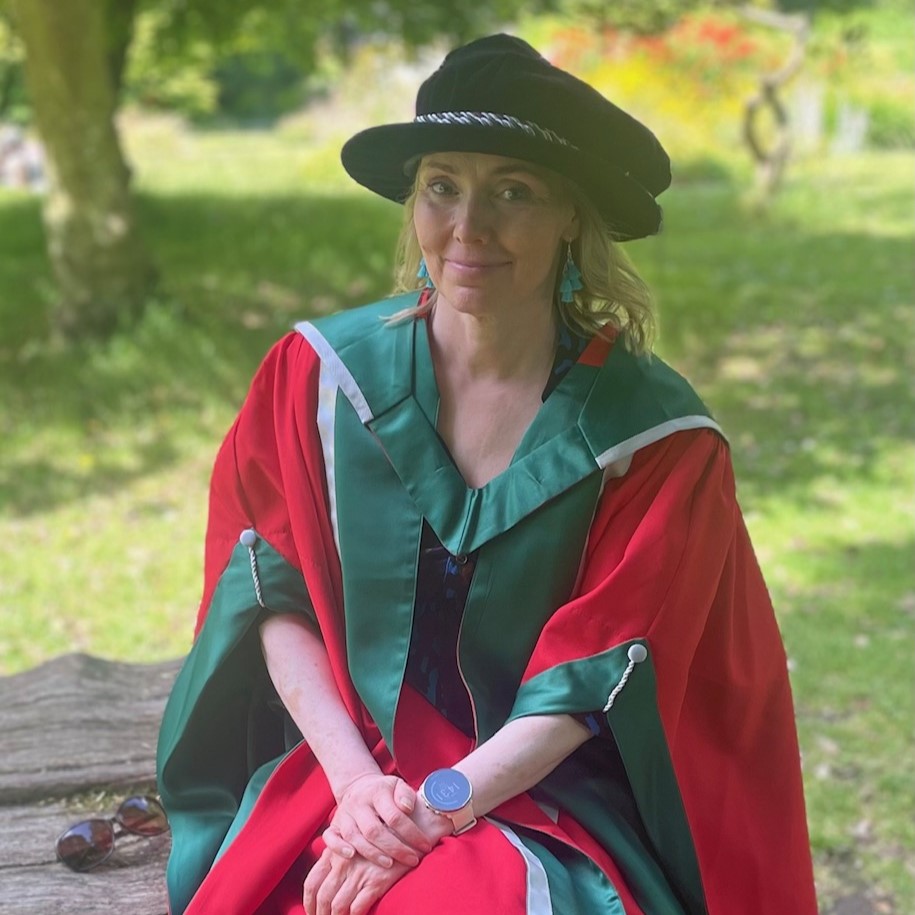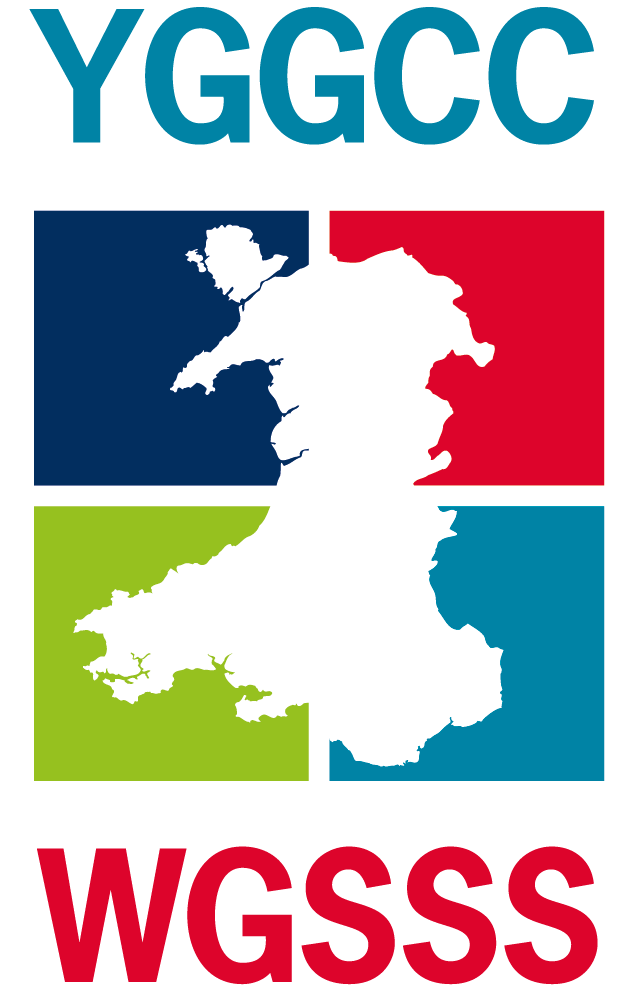Multilingual Family Language Policy and Wellbeing: Language Ideologies, Strategies and Experiences

Dr Kaisa Pankakoski
Pathway: Linguistics and Bilingualism
Department: School of English, Philosophy and Communication
University: Cardiff University
Mentor: Dr Frances Rock
Project Summary
My PhD examined 14 transnational case study families in Wales and Finland. I present challenging insights into the families’ experiences in managing many languages and explore language transmission solutions.
My study includes data from children, which is a novel approach in the Family Language Policy (FLP) field (see e.g., Bui et al. 2022, Lee 2018; Wilson 2020). The doctoral study also breaks new ground by investigating two officially bilingual, superdiverse areas: Helsinki and Cardiff. I examine the wellbeing of multilingual families; a topic that has only attracted research interest in the last decade. I also focus on multilingual rather than bilingual families. Most FLP studies are individual case studies, but my research is a multiple case study offering a variety of language communities rather than just one community. In addition, my research presents all three FLP prototypes (Smith-Christmas 2016); minority language speakers; and foreign heritage language speakers in a diasporic context, whereby I look at contexts with one immigrant parent as well as families where both parents are immigrants.
My research shows that intergenerational language transmission, or passing on languages to the next generation, is often challenging for transnational families. Maintaining or developing a foreign (often heritage) language needs considerable effort from parents and children because of the natural sociolinguistic forces which make the children favour the stronger community languages. The transmission is considered easier for the official languages of a country because parents can choose from a wide selection of schools, hobbies, childminders, and community groups in a target language; these promote language transmission. Therefore, there is a strong link between the demographic strength of a language and how challenging parents perceive language transmission to be. My doctoral research reveals that often the challenges arise from the parental expectations regarding the language development of the children not being met, from strict parental strategies, from communication barriers, or from the children’s resistance to speaking a language.
There are three main aims of the fellowship.
First, I will publish my research as a monograph, two articles, and a workbook for parents. I will continue writing blog posts and online articles in English and Finnish for science communication websites.
Second, I will disseminate my research to wider audiences through a variety of impact and engagement activities. These activities include: conference presentations; guest lectures in Finland and the UK; workshops for parents; and producing a podcast series popularising my research topic.
Finally, I will carry out further limited research among the 14 original case study families. The research will expand the less investigated topics listed above. There is little longitudinal research particularly taking in the teenage years, which is why continuing my multiple case study post-PhD is a valuable opportunity.
References
Bui, T. M. T. et al. 2022. Including children’s voice in family language policy: an exploration of the tensions between mothers’ and children’s language beliefs. Journal of Multilingual and Multicultural Development, pp. 1-17. doi: https://doi.org/10.1080/01434632.2022.2077353
Lee, H. Y. H. 2018. The Effect of Multicultural Family Structures on the Language Attitudes of Children and Adolescents. GEMA Online® Journal of Language Studies 18(1), pp. 122-139. doi: https://doi.org/10.17576/gema-2018-1801-08
Smith-Christmas, C. 2016. Family language policy: New directions. In: Macalister, J. and Mirvahedi, S.H. eds. Family Language Policies in a Multilingual World – opportunities, challenges, and consequences. London: Routledge, pp. 23-39.
Wilson, S. 2020. Family Language Policy: Children’s Perspectives. Cham: Palgrave Macmillan.
Goals for the Fellowship
My public outreach and academic dissemination plan involves intense dissemination of my research results. During the fellowship I will continue liaising with academics, educators, professionals, and families. My goal is to concentrate on seven main tasks, as follows:
- To complete converting my PhD thesis into a monograph;
- To carry out follow-up research among my original 14 PhD case study families (Working title: Perceptions of multilingual teenagers and parents in Helsinki and Cardiff);
- To present my PhD research, and new findings at conferences;
- To write an academic journal article about the findings of my follow-up research;
- To combine my skills as a journalist and researcher to produce a new podcast series of five episodes aimed, variously, at the parents of multilingual children, educators, and relevant policy bodies;
- To run two workshops aimed at parents of potentially bi- or multilingual children;
- To draft a proposal for a workbook, aimed at parents of multilingual children.
Advice for future applicants
The application process is multifaceted, with a few rounds of applications so start planning early. Find out who your stakeholders are and put in the effort in terms of impact activities during your PhD!
I put a fellowship plan together and then set to search for a suitable mentor within Cardiff University as I wanted to stay local. I wanted to find someone who would have similar research interests to mine and experience that could help progress my career.
My fellowship mentor, Dr Frances Rock has extensive experience in first-author publishing, impact activities, and working with different stakeholders in multilingual contexts involving families and children. In addition to that, she is a wonderful person, so I am so grateful she agreed to be my mentor!
The staff at my new school were supportive with the application, the research manager Emma Wallis was hugely helpful with organising the financial side of things.
I think it is important to acknowledge that there will be failures and successes in academia; not all my projects in the past have been funded. It’s the successes we need to celebrate more!
